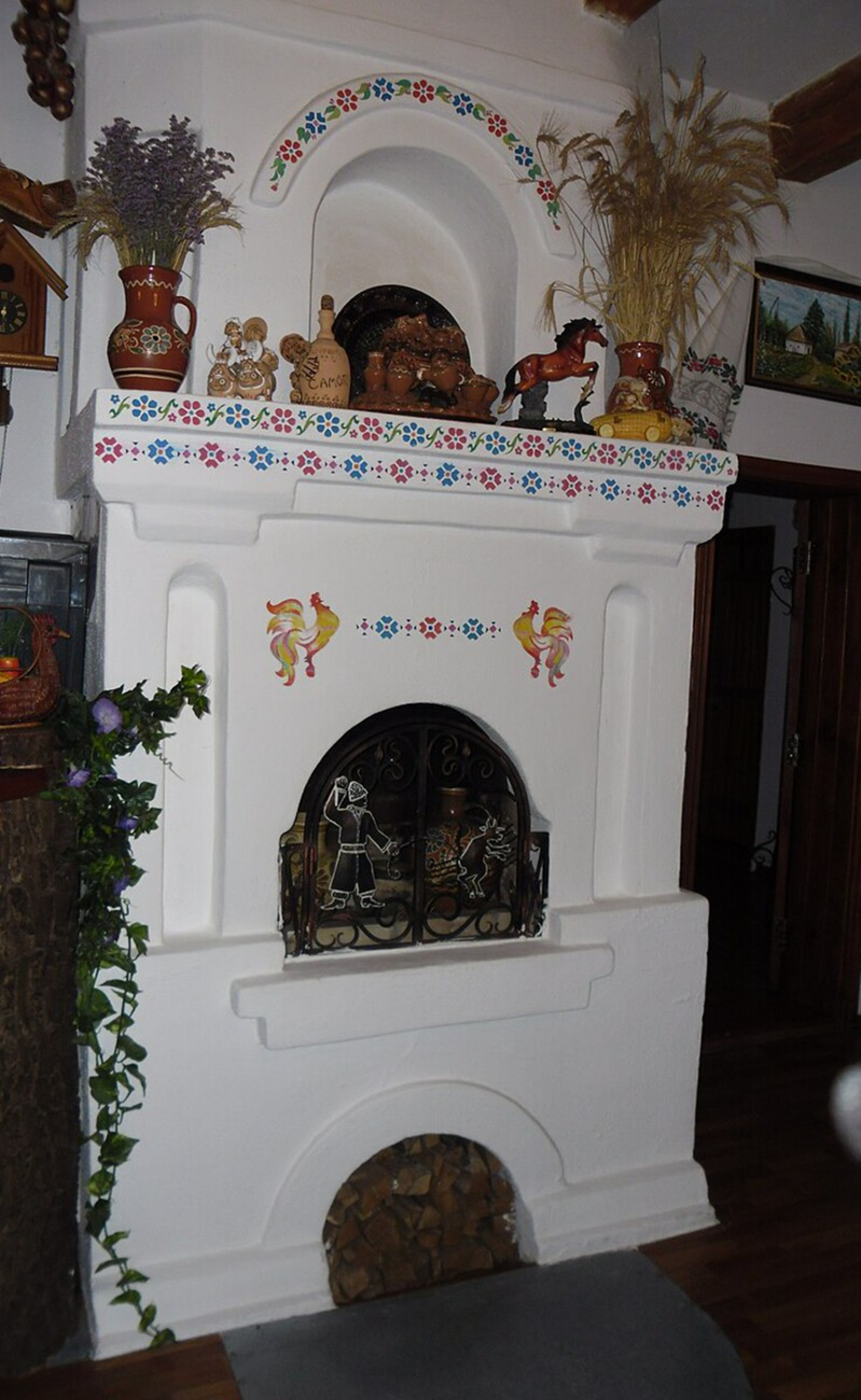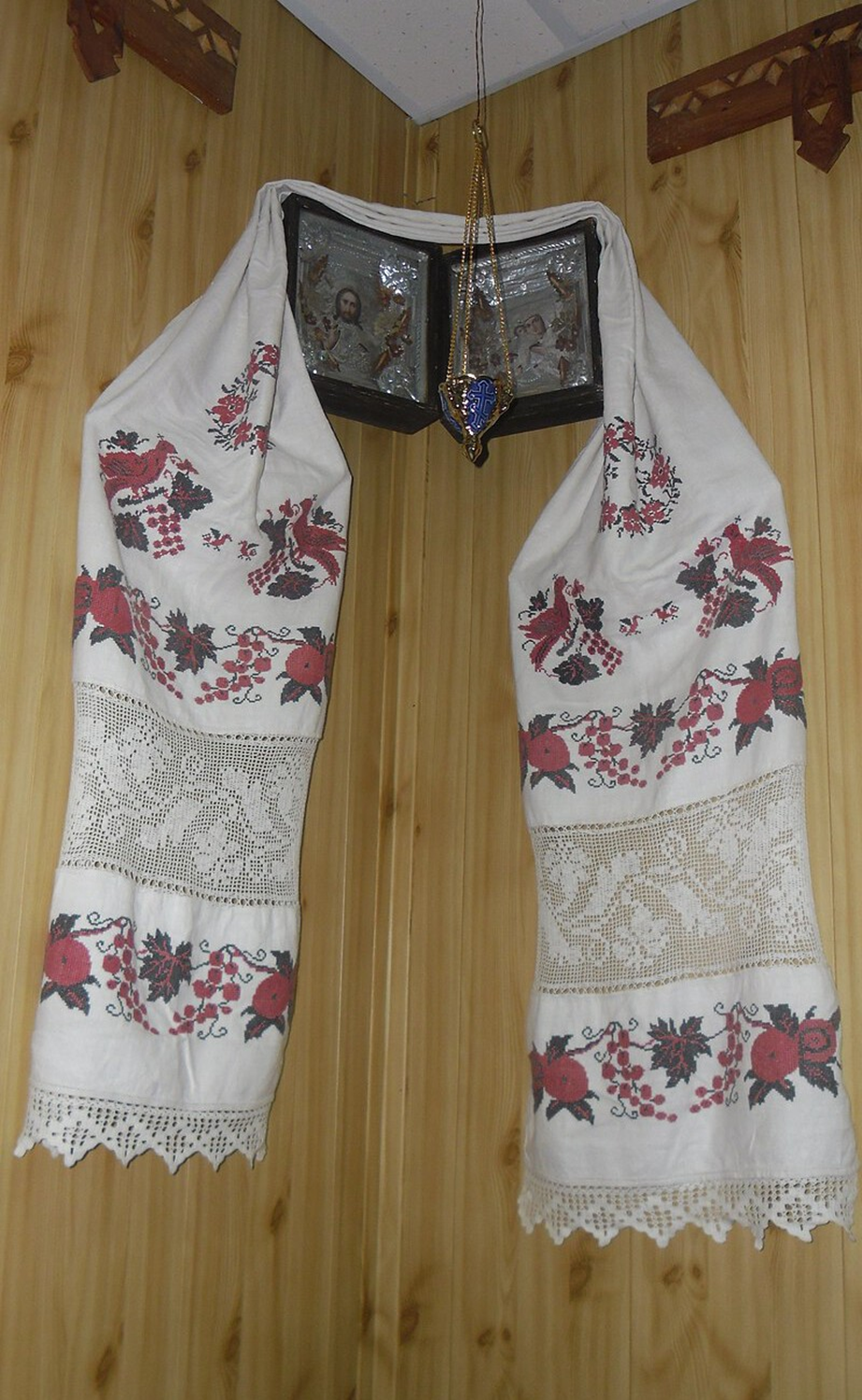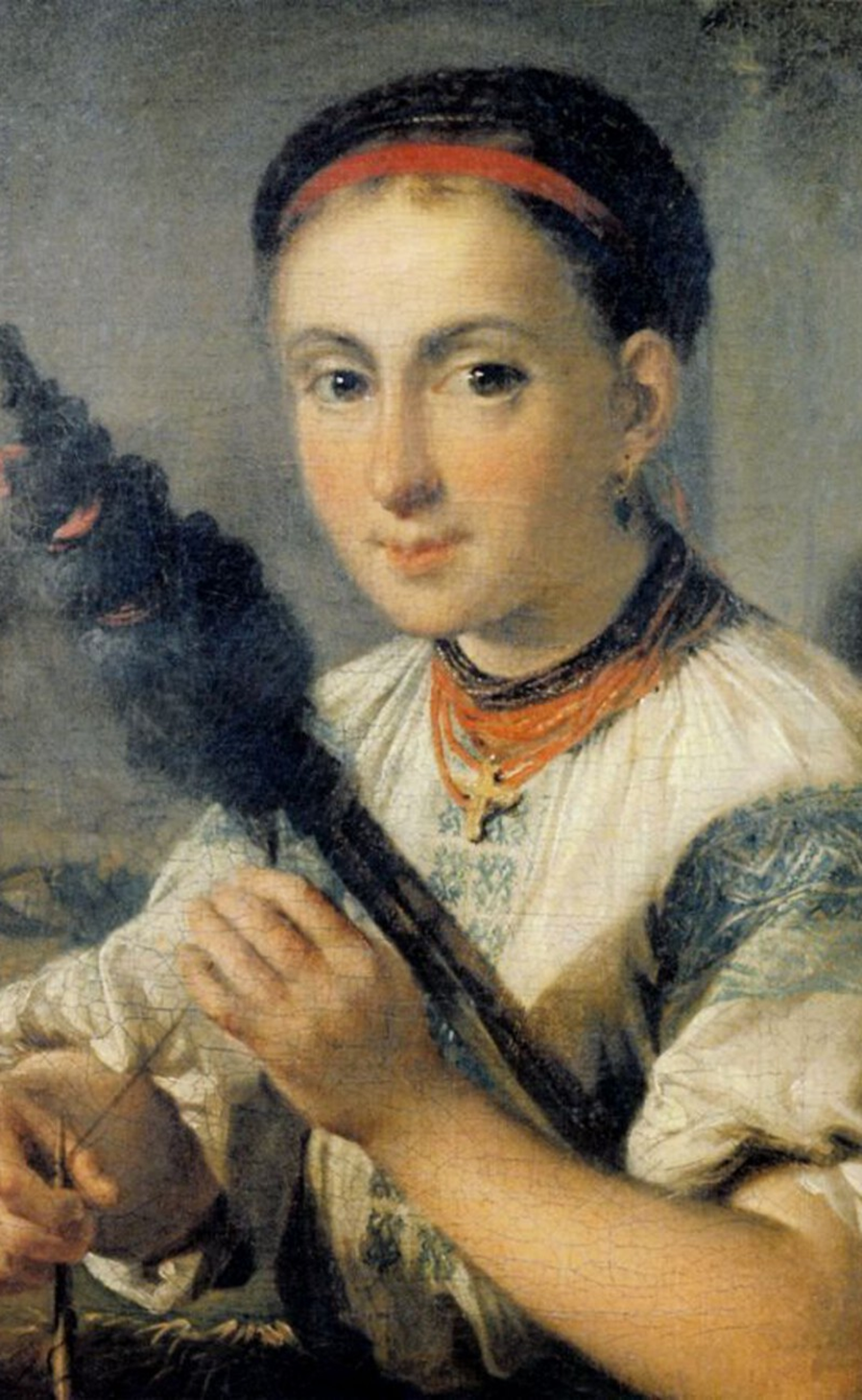7 items in Ukrainian house that held magical significance
 7 items in a traditional Ukrainian home that held magical significance (photo: Freepik)
7 items in a traditional Ukrainian home that held magical significance (photo: Freepik)
The traditional Ukrainian home of the past was not just a place to live, but an entire world with its own rules, beliefs, and symbols. Ordinary-looking objects in a rural household often held deep sacred significance - they could protect the family, attract good fortune, or even serve as boundaries between worlds.
RBC-Ukraine explains which items in a Ukrainian home were considered magical, why they were treated with respect, and why they were not to be touched without necessity.
Threshold – a boundary between worlds
The threshold was considered the most vulnerable part of the house, which is why it received special attention. People would neither pass objects over it nor greet or bid farewell across it.
Protective items - coins, garlic, and herbs - were placed under the threshold to guard the home from evil. Stepping on the threshold was considered a bad omen.
Broom – a tool for cleansing and protection
The broom could sweep away not only dirt but also evil forces. It was placed in a corner with the handle down to prevent malevolent spirits from entering the home. Striking someone with a broom was forbidden, as it was believed to harm one’s fate.
Dish shelf – an altar of prosperity
The misnyk, or dish shelf, symbolized wealth and well-being. It was decorated with embroidered towels and greenery, and empty shelves were seen as a sign of poverty. Dishes on the shelf were kept in strict order.
Stove – the feminine center and family talisman
The stove was not only for cooking. It was considered a sacred place, believed to house the souls of ancestors. Spitting on the stove, sitting on it with feet toward the wall, or arguing nearby was strictly forbidden.

Ukrainian stove. Poltava region. (photo: Wikipedia)
Bench – a place of power and status
A bench placed in the corner beneath the icons (bozhnytsia) was an honored spot. Elders or respected guests would sit there. Violating this order was considered an insult to the family. Additionally, lying on the bench with feet toward the icons was forbidden.
Embroidered towel – a talisman and ancestors’ code
Embroidered towels (rushnyky) were hung above windows, doors, and icons - not merely for decoration, but as protection. Each pattern had its own symbolic language, representing fate, family continuity, and health. Embroidering a towel was considered a ritual.

Embroidered towel on the icon corner (photo: Wikipedia)
Lamp – fire and life
Even an ordinary candle or clay lamp held significance. They were lit not only for illumination but also as a spiritual talisman. The flame was never to be extinguished by blowing or with water - only by pinching it with fingers or covering it.
Spindle – a tool of fate
The spindle was associated with the thread of life. It was believed that a woman spinning her thread was shaping her future. It could not be given to just anyone. Often, the spindle also served as an amulet, symbolizing fertility. A broken spindle was considered an omen of loss or conflict.

V. A. Tropinin, "Girl with a spindle" (photo: Wikipedia)
The following sources were used in the preparation of this article: Encyclopedia of Ethnoculture of Ukraine, the Ethnographic Museum in Lviv, the Museum of Folk Architecture and Life of Ukraine (Pirogovo), and Wikipedia.

